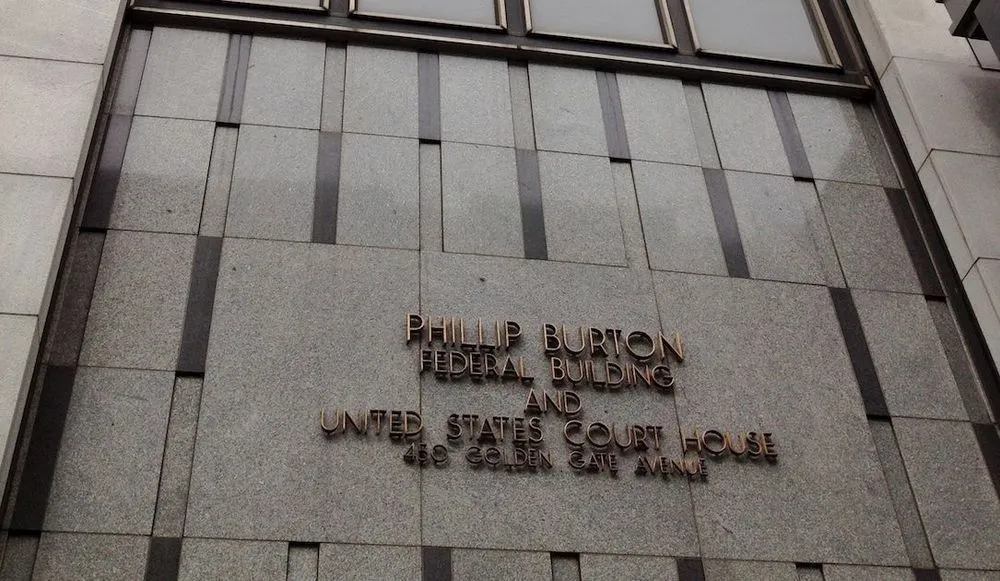RICO class-action data privacy lawsuit filed against H&R Block, Google, Meta
A trial lawyer who secured a nearly $90 million verdict against Monsanto filed suit against H&R Block on Wednesday, alleging the tax preparation firm collaborated with Meta and Google to embed “spyware” on its website to make money from scraped tax return data.
The class-action suit alleges the three companies’ joint conduct should be considered a pattern of racketeering on a “massive scale.”
Los Angeles-based R. Brent Wisner, managing partner of Wisner Baum, is filing the suit under the Racketeer Influenced and Corrupt Organizations Act (RICO), which usually applies to organized crime. The firm says it’s the first class-action RICO suit in the H&R Block case.
The suit, filed in a California federal court, argues the tax preparer and tech behemoths failed to adequately alert consumers that their data was being sold and established a “comprehensive program” to deceive customers and share their data “for their own financial gain, breaking an array of laws in the process.”
A congressional report released in July documented that Meta and Google worked with H&R Block to put tracking pixels on the section of the tax preparation company’s website where customers entered sensitive information. Tracking pixels are essentially small files that, when downloaded, help a site gather information about a visitor.
“Most people would never post their kids’ college account or their retirement savings on Facebook, but H&R Block did something just like that when they handed customer income tax information over to a bunch of advertisers,“ Wisner said in a prepared statement.
He added that the three companies ignored data privacy laws and “passed information about people’s financial lives around like candy.”
H&R Block and Meta did not respond to requests for comment. A Google spokesperson said in a statement that the company has “strict policies and technical features that prohibit Google Analytics customers from collecting data that could be used to identify an individual.”
The statement noted that site owners, as opposed to Google, control what information they collect.
Last week, the Federal Trade Commission warned H&R Block and four other tax preparation firms they would be penalized if they failed to get consumers’ permission to use their data for advertising.
H&R Block, a global company, reports that it prepares more than 20 million tax returns annually.
The suit cites the fact that the Internal Revenue Code specifies tax preparation companies cannot share any information customers disclose for any purpose other than to prepare their returns.
The July congressional report alleged that H&R Block shared a large amount of data via the Meta Pixel, including whether taxpayers had visited pages for “revealing tax situations, such as having dependents, certain types of income (such as rental income or capital gains), and certain tax credits or deductions.”
The report noted that while H&R Block, Google and Meta claimed all shared data was anonymous, the FTC has said that the data could easily be used to identify individuals, creating a “dossier on them that could be used for targeted advertising or other purposes.”
In 2018, Law360 named Wisner as a “Titan of the Plaintiff's Bar,” a lifetime award honoring lawyers skilled in major litigation. The Monsanto suit involved the corporation’s Roundup weed killer product.
Suzanne Smalley
is a reporter covering digital privacy, surveillance technologies and cybersecurity policy for The Record. She was previously a cybersecurity reporter at CyberScoop. Earlier in her career Suzanne covered the Boston Police Department for the Boston Globe and two presidential campaign cycles for Newsweek. She lives in Washington with her husband and three children.



